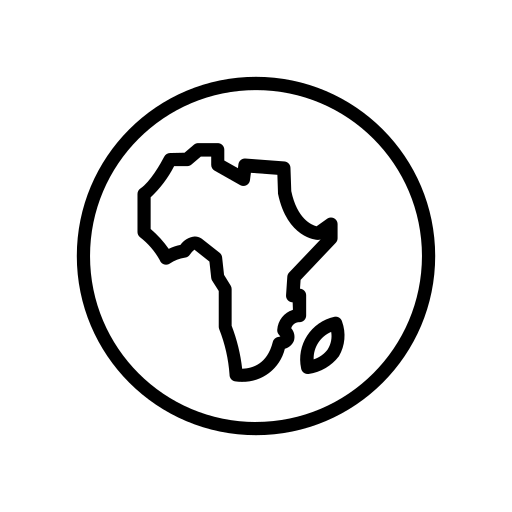Beyond tensions of privacy and security, we are witnessing today a real confrontation between control and freedom, not only of the individual, but of entire populations and regions, enhanced by technologies and massive collection and analysis of data—from predicting and influencing behaviours, to the automation of public services and the ability to fully control and disrupt those services, even remotely. From gaining access to a global communications platform to losing the ability to protect the rights of those who are interconnected through those platforms. Are we witnessing a new form of digital colonialism?
Several governments rely on communications infrastructure that are completely located in the cloud (i.e., in foreign data centres under foreign-applicable laws). Furthermore, those services are provided under constantly changing terms of use and arbitrary suspension of services. The problem is not only about dependency on a foreign provider or applicable laws to digital data; the problem is also about the absence of public policies to address the issue at all levels. The situation of digital domination, close to colonialism, still fails to fill the top priorities of the global political agenda. Almost forty years after the invention of the Internet, the ability of politicians and social leaders to understand the dimensions of the problem still falls short.
Never before has a small sector had so much power over the entire World, to monitor the present and predict future behaviours of not just individuals, but entire populations. The problem is more alarming when we consider how the public and private sectors are merging in joint ventures in a quest for global domination, penetrating every government, every citizen movement, mediating every action in every connected person’s life through digital devices and data collection.
This article is quite an eye opener on the power of technology to literally sway politics and to create dependencies like we’ve never seen before. It also lays bare some of the dependencies around the adoption of cloud computing by governments.
See https://sur.conectas.org/en/digital-sovereignty-or-digital-colonialism/
#technology #digitalcolonialism #digitalsovereignty #cloudservices #digitaldivide
Thank you for the article. Renata (the author) has been very consistent on the asymmetrical global relations of technology we contend with. part of me feels the
privacyagenda has created a lot of blindspots in public discourse and issues of technological self determination (at the individual and collective level) have been put on the backburner. Fediverse and its enabling protocols offer both networked value AND reasonable sense of independence. Definitely a small piece of the bigger puzzle but yeah,surveillancediscourse without(de)centralizationaspects is a major blindspot in popular discourse. E2EE on Facebook apps sounds quite an oxymoron.Yep ‘privacy’ is being used to achieve a lot of ends, not all positive ones. Governments tend to also have to rely on external advisors as much of their internal expertise seems to be drying up. I wonder sometimes what the discourse would be like if, instead of a single massive centralised social network, there was a massive decentralised one, and how challenges would manifest themselves. Or if for example Twitter was as big as it is now, but centred say in Nambia instead of the USA…
Indeed, it would be quite a whole discourse. When network effects are not gated in a private company, perhaps we could be on to other issues like quality of service, and selling things, not behavior. Things like storage standards, backups, portability etc. But here we are, asking how to make WhatsApp better, and Amazon more diverse.
Ironic how after every public crisis, these centralized platforms emerge stronger and more accepted in the everyday life. Perhaps because the issues that are framed as problematic are not against their existence – like EE2E debate, Cambridge Analytica, 2020/2021 censorship tirade linked to COVID and US Elections.
The other point, Twitter in Nambia :), I think we should not assume it would be better. The point, as I see it, is centralization, not nationalism. A Nambia billionaire may be just as worse as a Silicon Valley billionaire. Individual <> Individual, Individual <> State: The market wants to mediate those relations and I think not all domains need the market. Other mediation strategies like collective ownership at the community level can succeed, given time and good will.
Yes I was just thinking how the US Congress would meet to manage Twitter if it was in another country or decentralised ;-)
But you’re right the decentralised platforms are growing steadily (maybe not virally but that’s good) with each issue going public.



